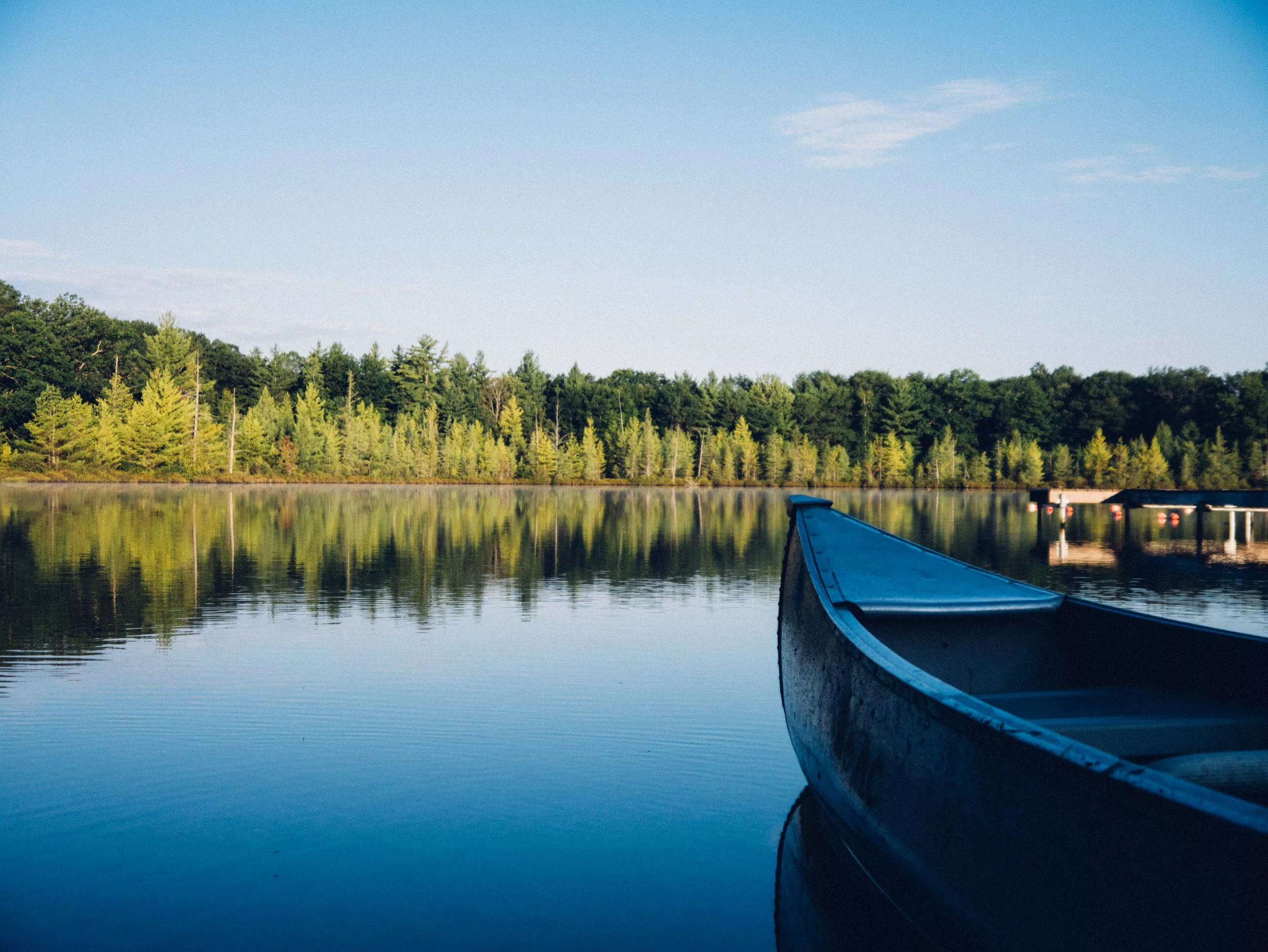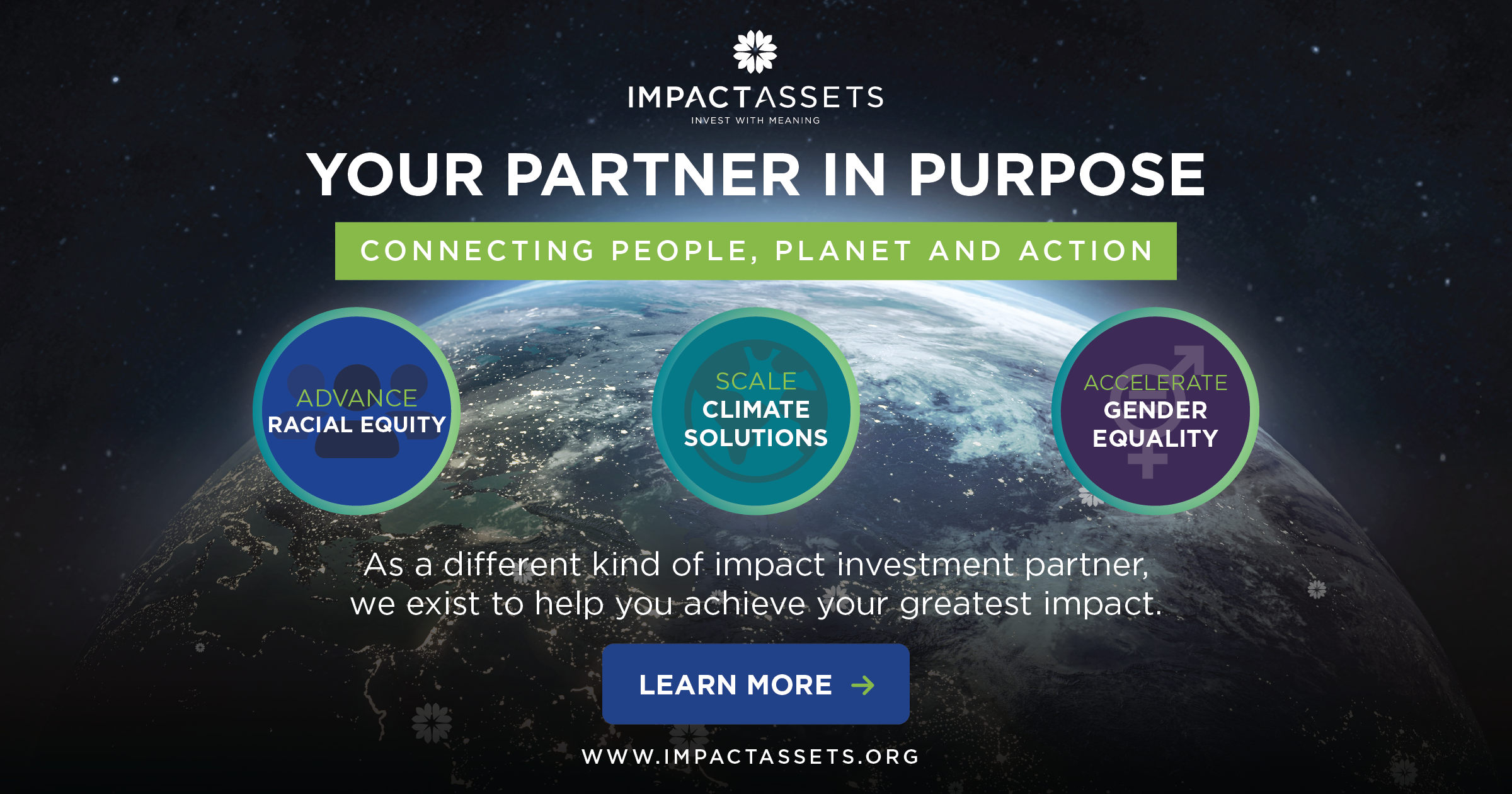When you’re a kid, summer camp is just fun. Later in life, as a business person and social entrepreneur, you realize that summer camp during those formative years actually holds a much deeper meaning. That’s how it worked for me, and in thinking about it in 2019 — 25 years after my wife and I co-founded an advertising/PR firm in Minneapolis — I’ve come to a few key conclusions. The starting point is what happened when a guy hired to teach tennis suddenly found himself leading a wilderness canoe trip.
1. Jump in. Try new things.
When the director at Camp Manito-wish YMCA in Wisconsin asked me to lead teenagers on a canoe camping trip, I knew the correct answer was yes. Still, I was incredulous. Isn’t this the guy who had just hired me to teach tennis? Aren’t I an early-20-something city kid with practically no backcountry experience? Tennis racquets aren’t exactly canoe paddles.
Eventually I agreed, and it was one of the best decisions of my life. It was an early lesson in confronting fear, calculating risks, and growing as a person and leader. That’s basically what I’ve been doing ever since, from starting a business in Kazakhstan, launching a pond hockey tournament, creating an aquaponics farm, and now an organic sauce brand. What I learned on that first canoe trip can’t be taught from a book. Learning by doing is always the best way to acquire new skills. I’ll come back to this foundational concept in a moment.
2. Live the mission; advance the vision.
Camp Manito-wish YMCA is a mission-driven organization. You learn it during staff training, and you live it all summer 24/7. It’s a little easier on bright, sunny days with happy campers, and it’s a little tougher on dark, rainy nights with kids who wish they were back at home (and maybe you do, too). But by living the mission, you begin to understand what a mission looks like in real life. Amazingly, it looks a lot like you. You reflect the mission in your actions large and small.
In a 2018 podcast interview on Unfinished Biz With Robin and Wayne, former CEO of Annie’s John Foraker commented on the importance of nailing the mission early on in the life of an organization. Foraker is a former client of ours at Haberman, and I admire the way he guided Annie’s through huge, critical transitions during the growth of the brand. What he noted was with a mission firmly in place, decision-making during big moments — and even times of crisis — is more grounded and confident. That was my experience at camp, and it holds true today in the business world. You can’t plan for every contingency, but with your mission as your north star guiding the way, you always know where you want to go.
What’s our mission at Haberman? We tell the stories of pioneers making a difference in the world. That’s what Sarah and I started with in 1994, and it’s the bedrock our agency of more than 50 modern storytellers stands on today 25 years later. But one important note. Just because a mission is a constant doesn’t mean it’s a rigid constraint. It actually lets us stay fluid in the moment and even — dare I say — experiment. To me, experimenting is how you keep learning and growing.
3. Experiential learning is the secret to life’s best aha! moments.
How did I learn to paddle a canoe? By paddling a canoe. How did I learn to lead a company? I’m still working on that one, but that’s the point. I work on it every day and keep learning from my colleagues and clients.
Summer camp is all about giving kids and staff the open space to become their better selves. I would argue, isn’t that what we want as well in our personal and professional lives? Isn’t that what we want from the organizations we’re involved with?
Becoming and maintaining an existence as a conscious company is directly related to being conscious of where and how the organization learns. I’m a big believer in Peter Senge’s concept of the learning organization. When we realize that we learn best by doing, we gain a better appreciation for taking risks that help us transform ourselves to make the most of new opportunities. After all, we have a mission to guide us. That’s not changing. But we’re changing — getting stronger, acquiring new skills, working with each other a little better each day. And that, in turn, helps our collective efforts at an organizational level stay dynamic, responsive and relevant.
Anyone ready to go to camp? I know I am, and I’m thankful to work with a group of people that has very nearly re-created the camp experience in the context of the business world. I’m also thankful to the camp director who asked me to lead that first canoe trip. You never know what’s around the next bend in the river, but we can get through it together by learning as we go.






